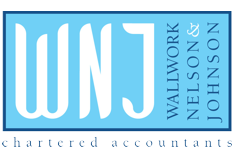Interest rise affects beneficial loans
The government has increased the interest rate applied to beneficial loan agreements from 2.25 per cent to 3.75 per cent from the start of this month.
At first glance that may seem like a small rise but it is a move that could have significant tax implications.
Beneficial loan arrangements are typically loans between a company and directors or staff.
The arrangement exists where an employee, and crucially directors count as such in this case, is the recipient of a ‘cheap’, most notably interest-free, loan by their employer.
The most common example of a beneficial loan is an overdrawn Director’s Loan Account – amounts that a director owes to their company.
The loan only becomes taxable once it exceeds £10,000 at any point during the year.
If the loan does exceed £10,000, the employee is taxed on the difference between interest at the appropriate official rate and the actual interest they have paid.
To avoid the director or employee being taxed on a ‘benefit-in-kind, employers often opt to charge interest at the official rate stipulated by HMRC.
This is the largest increase in the official rate charged on beneficial loans for a considerable amount of time, and a rate as high as 3.75 per cent hasn’t been seen since the 2013/14 tax year.
The government says the rate will continue to be reviewed each quarter and adjusted accordingly.
We would also advise businesses to:
• Keep financial and accounting records up to date. By utilising modern Cloud Accounting software, you can keep track of any loans with directors/employees in real time to make sure you are aware of any potential beneficial loans.
• Charge interest on any beneficial loan at the official rate as per HMRC to avoid a taxable benefit-in-kind or report any beneficial loans on an employees’ P11D form, due for filing by July 6 each year.
• Review existing loan arrangements to ensure the revised interest rate does not cause any issues
• To discuss any issues raised by this article please call me on 01772 430000

 daniel thomas
daniel thomas

